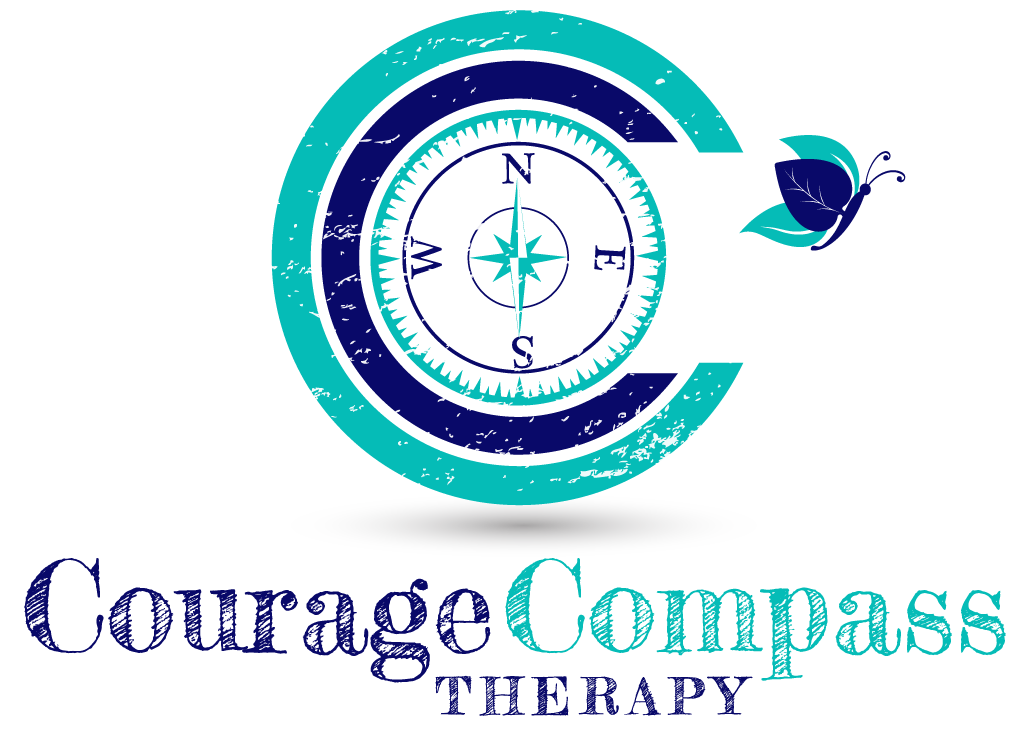People think that perfectionism is the relentless drive to be perfect. I believe that even the most staunch perfectionists know deep down that perfection is perpetually elusive and is really not possible. While that should be enough to persuade a perfectionist to give it up, it is more of a deeply entrenched pattern that is often about more than being perfect. It’s about worthiness, fear of judgment, and the need to be accepted by others.
There is another way that perfectionism rears its head in a way you wouldn’t necessarily think of as perfectionism. It shows up as the refusal to be wrong and the avoidance of mistakes, or avoidance of anything that could lead to a mistake. Thus these types of perfectionists end up opting out of a lot of life to avoid the shame of mistakes and being found “wrong.”
Here are the hidden costs of this type of perfectionism:
No joy or fun: When people are afraid of being wrong in a social setting, they may choose to opt out of invitations or social engagements where anything they say can be judged or misunderstood, therefore in their minds, making them wrong. Wrong= bad = shame= unworthiness.
Loss of trust in relationships due to lack of accountability: People will pick up on and respond in their own way to relationships where one person does not take accountability. It doesn’t feel good or fair to have a discussion with someone where they won’t own their stuff and take responsibility. You may not initially think that this impacts trust in relationships, but it does, as accountability is an element of a trusting relationship.
Lower resilience: Resilience is the ability to bounce back from adversity and keep going, most often stronger than before. If perfectionists avoid social engagement, conflict, and accountability, they are avoiding the adversity which will lead to greater resilience when they learn to get through it. Resilience is important and is a factor in one’s self-esteem and self-efficacy- the belief and know-how that you can get through things. This helps people find the courage to take healthy risks and engage in new things that feel vulnerable but lead to connection and joy.
Lower creativity: Creativity is courageous because it involves vulnerability and authenticity. If people are afraid to be judged, criticized, or seen as wrong, the risks, vulnerability and authenticity in creativity just feel too great. As Brené Brown explains, humans are creative beings,and there is no such thing as creative person and a non-creative person. There are people who use their creativity and people who don’t. “When I say unused creativity is not benign, what I really mean is it metastasizes into resentment, grief, heartbreak. People sit on that creativity or they deny it and it festers.”
So what we’re really talking about is Avoidance with a capital A. In addition, the avoidance of vulnerability. How long can you avoid and outrun everything until it catches up with you? Until the grief, resentment, and heartbreak are taking over your life? It doesn't have to be this way. With time, attention, and intention, things can change. Enter into perfectionism recovery. Jump on in, the water's warm!

